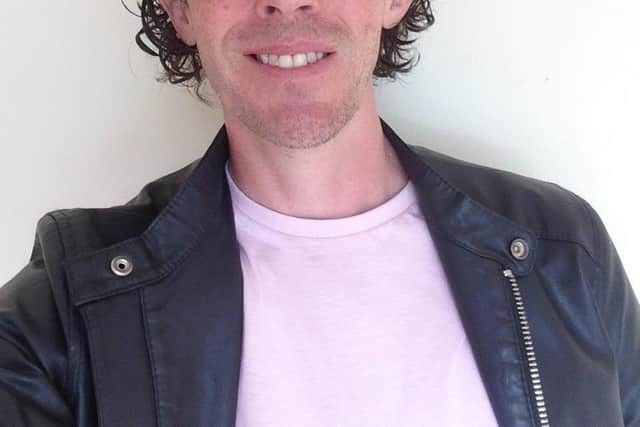Class is the elephant in the room in diversity discussions: Bird Lovegod
I’m thinking about social class, that stratification of society that is part of our own identity, part of the way we identify others, and in part how we identify our place in society.
It’s a shorthand for where we fit in. And where we don’t.
I suppose the determiner of class is first and foremost the class of one's parents.


Advertisement
Hide AdAdvertisement
Hide AdThen there’s education, although that won’t immediately change the class of the person, but it may advantage them economically and socially, which may in turn impact the class of their offspring.
I’m not even sure we can change class, any more than we can change race. Maybe some people feel they are born into the wrong class, and that’s why we have the instances of ‘council estate lad made good’ and ‘aristocrat comes cropper’.
Maybe class transitioning will be the next TikTok contagion, with teens agonising over whether to transition up or down a strata or two. It really wouldn’t surprise me, I bet it’s undoubtedly happening already, and by this time next week social class transitioning will require mandatory celebration with unironic pride. Maybe the flag can be a ladder with half the rungs missing.
‘Diversity’ doesn’t know how to handle the tricky problem of class, even though it’s a far more significant social factor and determiner of economic worth than race, gender, sexuality, or any other characteristic.
Advertisement
Hide AdAdvertisement
Hide AdThis is probably because ‘diversity’ is run by the middle class, and they don’t want to seem rude by accusing someone of being lower than them. Maybe we need more boxes to tick, whereby job applicants can self identify as being lower class, working class, or even underclass, and should those be protected characteristics?
Class is the elephant in the diversity and inclusion room, it’s one thing to make sure the promotional photos have a full spectrum of colours, and indeed, a spectrum of those on the spectrum, but how to signal that every class is welcome? Top hats, bowlers, and flat caps? How to even talk about class, and class prejudice, in the interview process and work place? How, without immediately resorting to stereotypes, can one even identify people of ‘different class?’ One just simply knows.
They could be any race, any gender, they could have disabilities, or not, or, most problematically, they could just be a white, young, male, failing to tick any diversity box at all. You can’t necessarily see class, perhaps you can hear it when the person speaks, but then how to move on from there.
‘Oh, I hear you grew up in Darnall, that must’ve been challenging.’ There’s nowhere to pin the label.
Advertisement
Hide AdAdvertisement
Hide AdProper, actual, literal diversity is not the subtly compulsory groupthink that many organisations have pasted over their stale pale male visages.
This kind of ‘diversity’ is often focused on externalities, race and gender in particular, perhaps these are easiest to identify.
In addition, sexuality, which is and should be irrelevant, and has no place being required to be disclosed on applications for jobs, never mind grants, which it often is, in order for the funder to be seen to be diverse. Bizarre. But mention class, and these diversity and inclusion folk will stonewall you. It’s just not on their agenda.
Bird Lovegod is MD of Ethical Much